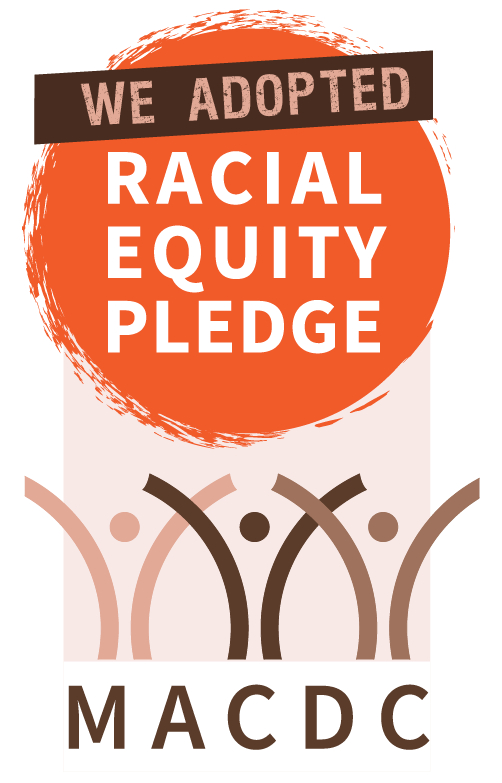Anyone can enforce their rights to fair housing. Federal and Massachusetts laws protect people against housing discrimination. There are two primary options for enforcing fair housing rights. A complaint can be filed with a state or federal enforcement agency, or a civil lawsuit can be filed.
Housing Discrimination Complaints. The Department of Housing and Urban Development and the Massachusetts Commission Against Discrimination are government agencies that enforce fair housing laws. Each of these agencies receives complaints, investigates allegations of discrimination, and enforces fair housing laws by commencing a lawsuit in court or through an agency adjudicative process. Agency and judicial decisions are enforceable and can award a complainant injunctive relief (for the housing provider to start or stop doing something) and monetary damages.
Filing a complaint may be the right choice for people that do not have an attorney helping them. Many people file complaints with HUD or MCAD without an attorney. If either of these agencies investigates a complaint and finds that discrimination was likely, they will assign an attorney to bring an enforcement action. These attorneys represent the government and its interest in enforcing the law; they do not represent the complainant, though the complainant benefits from the enforcement and can receive damages and injunctive relief. One consideration many people have when deciding whether to file a civil action or an agency complaint is how quickly they can get relief. If there is an immediate need to correct discrimination, sometimes the complaint process may not be fast enough. Click here for more information on filing a complaint.
Civil Actions. Civil actions are cases that cover all non-criminal laws. fair housing laws can be enforced in state or federal court. Since federal and state fair housing laws are not the same, people choose which court to file in based on their particular facts and circumstances. Massachusetts has one federal district court. Civil actions brought in federal court are filed there. Massachusetts state courts have more options, and a civil action can be started in housing court, district court, or superior court. Which court a person chooses to file in often depends on the amount of damages sought. Each of these courts can order injunctive relief. Click here for more information on courts in Massachusetts.
During an eviction, some people may also bring discrimination claims as a counter-claim when a housing provider seeks a discriminatory eviction. If this happens, the housing provider has already started a civil action, and the tenant is raising a related discrimination claim and/or defense that can be heard at the same time. If a tenant faces discrimination when applying for or trying to lease an apartment, they may report discrimination to a testing program funded by HUD. These organizations can conduct a test to find out if they can replicate the discriminatory conduct alleged, and may assist with enforcement.












